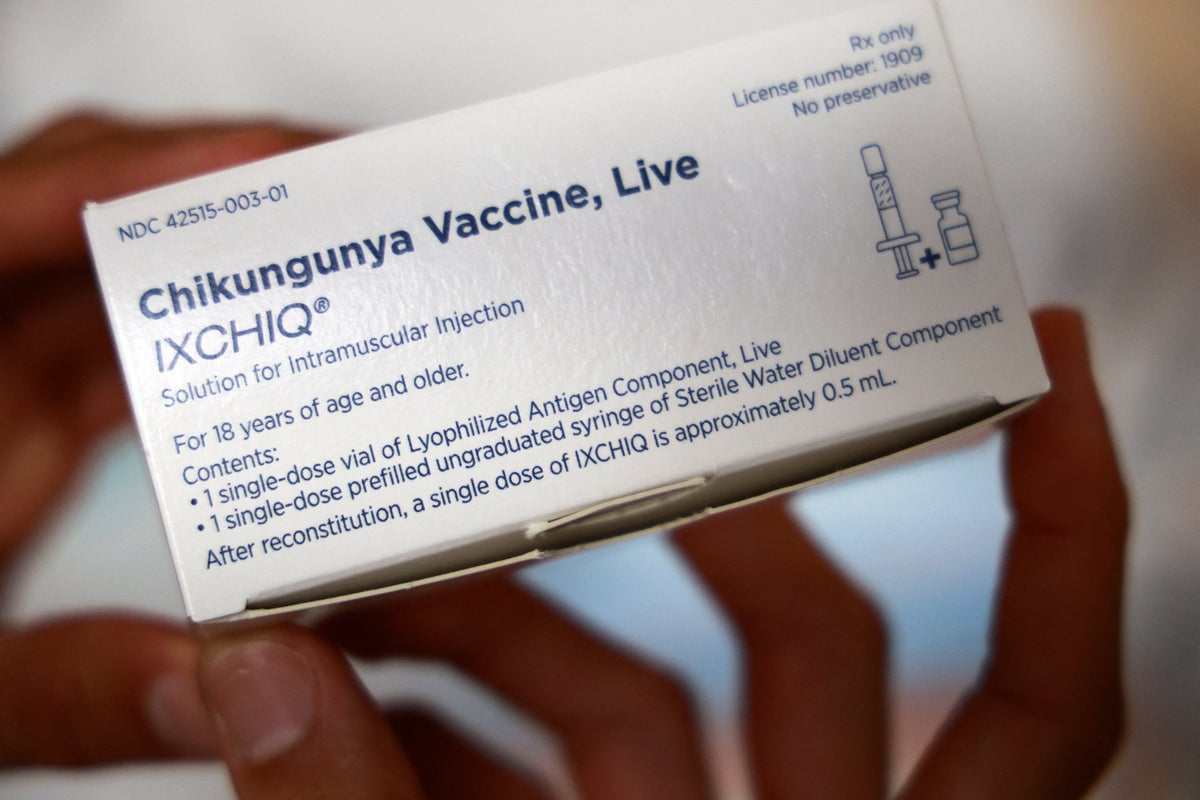Understanding the Rise in Chikungunya Cases
Health authorities in England have issued warnings to holidaymakers about the increasing number of chikungunya cases linked to travel. According to recent data, 73 cases were reported between January and June this year, compared to 27 during the same period in 2024. The majority of these cases involved individuals who had traveled to Sri Lanka, India, and Mauritius, regions experiencing ongoing outbreaks of the virus in the Indian Ocean.
All reported cases have occurred in England, with the highest concentration in London. However, the UK Health Security Agency (UKHSA) has assured the public that there is currently no risk of local transmission of chikungunya within the country. This is due to the absence of the two mosquito species that can transmit the disease in the UK, which are not established in the region because of the unsuitable climate for their survival and breeding.
Dr. Philip Veal, a consultant in public health at the UKHSA, emphasized the importance of taking precautions against mosquito bites when traveling to areas where chikungunya is prevalent.
What is Chikungunya and How Is It Spread?
Chikungunya is a mosquito-borne viral disease commonly found in tropical and sub-tropical regions. It is transmitted to humans through the bite of an infected mosquito, and it cannot be passed from person to person. The virus is most commonly found in parts of the Americas, Africa, and Asia.
In 2025, Brazil reported over 185,000 cases, followed by Bolivia with more than 4,700. Globally, there have been approximately 240,000 cases and 90 related deaths across 16 countries or territories since the start of the year. La Réunion and Mayotte, two French islands off the east coast of Africa, continue to experience outbreaks, with La Réunion reporting 54,000 cases as of July 2025.
In Asia, over 35,000 cases have been reported in countries such as India, Sri Lanka, Mauritius, Pakistan, and China. China alone has recorded nearly 8,000 cases, mostly in Foshan city in Guangdong province. Authorities have implemented strict measures, including mass quarantines, despite the fact that the virus is not transmitted between people.
Cases have also been reported in Senegal and Kenya, while European countries have diagnosed imported cases from Madagascar and the Seychelles. The European Centre for Disease Prevention and Control (ECDC) has linked the transmission of dengue and chikungunya in mainland Europe to travelers who caught the virus abroad and then brought infected mosquitoes into the region.
Symptoms of Chikungunya
The name “chikungunya” comes from a word used by the Makonde people in Tanzania, where the disease was first identified in the 1950s. It means “that which bends up,” referring to the contorted posture of those suffering from severe joint pain.
Common symptoms include sudden fever, joint swelling, muscle pain, headaches, nausea, fatigue, and rashes. The joint pain can be debilitating and may last for several days, weeks, months, or even years. In some cases, individuals may not experience joint pain, leading to mild or unrecognized symptoms.
Most people recover fully from the infection, although rare cases of eye, heart, and neurological complications have been reported. Newborns and older individuals with pre-existing medical conditions are at higher risk of severe illness. Hospitalization may be necessary for those with severe cases due to the risk of organ damage or death.
Once recovered, individuals are likely to be immune to future infections.
Is There a Vaccine?
The UK government has approved vaccines for chikungunya, which contain a weakened form of the virus. These vaccines train the immune system to recognize and fight the virus, producing specific antibodies to combat it. The vaccine requires a prescription and is available for those planning to travel to regions where the virus is present.
There are two types of vaccines: one for individuals aged 18 to 59 and another for those over 12. Hilary Kirkbride, head of travel health at the UKHSA, recommends using insect repellent, covering exposed skin, and sleeping under insecticide-treated bed nets to reduce the risk of mosquito bites.
Travelers should check the TravelHealthPro website for the latest health advice on their destination. A chikungunya vaccine may be considered for those traveling to high-risk areas.
Travel Doctor’s Guide to Being Prepared
Dr. Richard Dawood, a travel medical specialist, highlighted the importance of vaccination in preventing chikungunya. He noted that the vaccine offers long-lasting protection and could be beneficial for those planning extended trips to regions where the virus is prevalent.
While the vaccine is expensive, Dr. Dawood suggested considering it for those who frequently travel to Southern Europe and beyond. For a short trip to France, he advised assessing the risk based on long-term travel plans rather than a single visit.
“If there’s an actual outbreak at your destination, I would definitely recommend getting vaccinated,” he said. He also emphasized the importance of seeking personalized travel health advice to determine the most appropriate preventive measures.
Travel clinics can provide guidance on additional ways to reduce the risk of mosquito bites and other health concerns. Taking the time to prepare properly can help ensure a safer and healthier travel experience.



